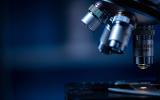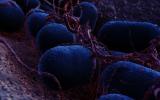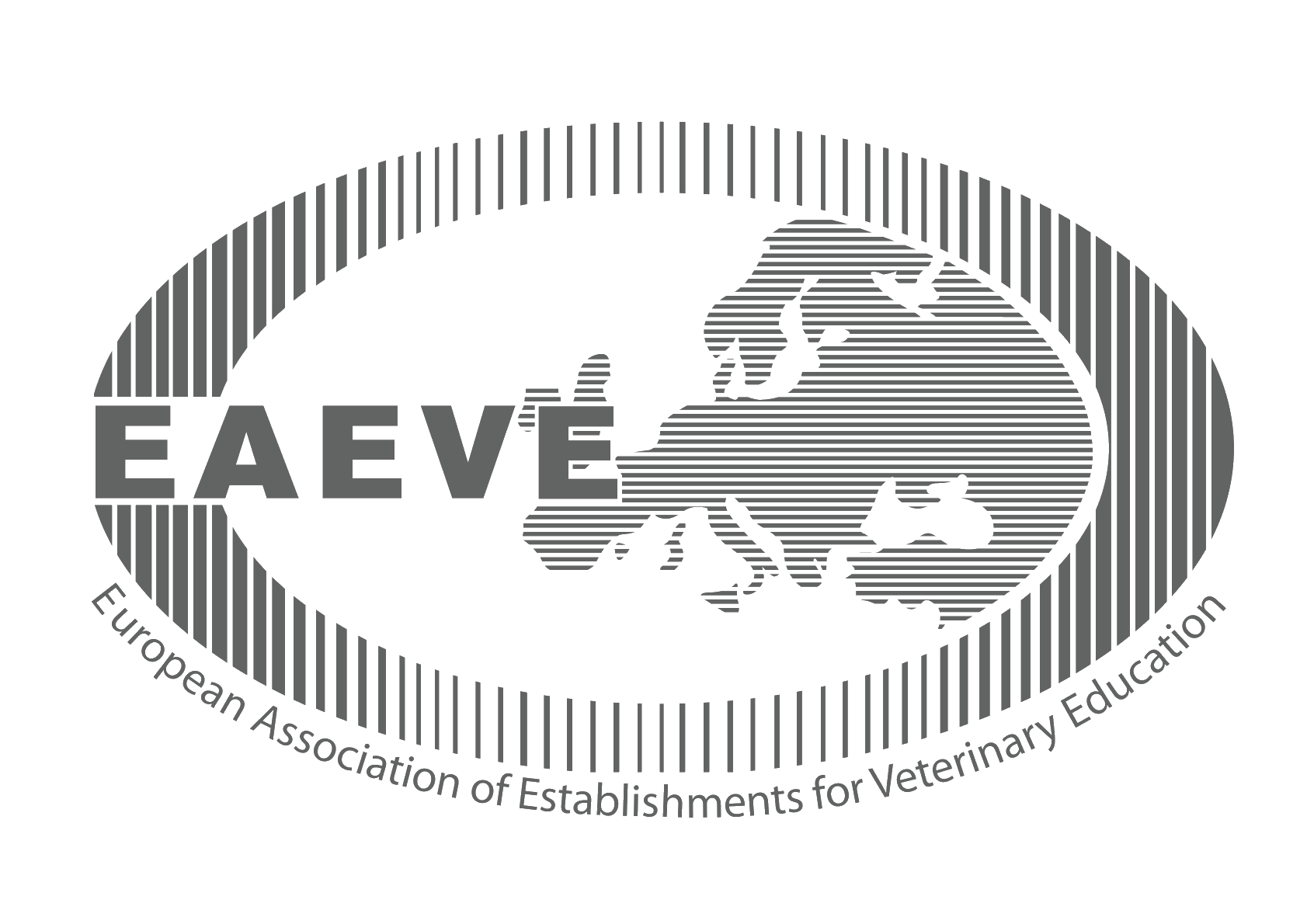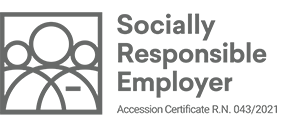The Kranj unit of the National Veterinary Institute (NVI) carries out professional, operational and development activities, which include microbiological and chemical testing of food and milk, microbiological testing of water, parasitological testing of faeces and diagnostics of animal infectious diseases, sampling of food and feed in the field, and activities in the field of bee healthcare.
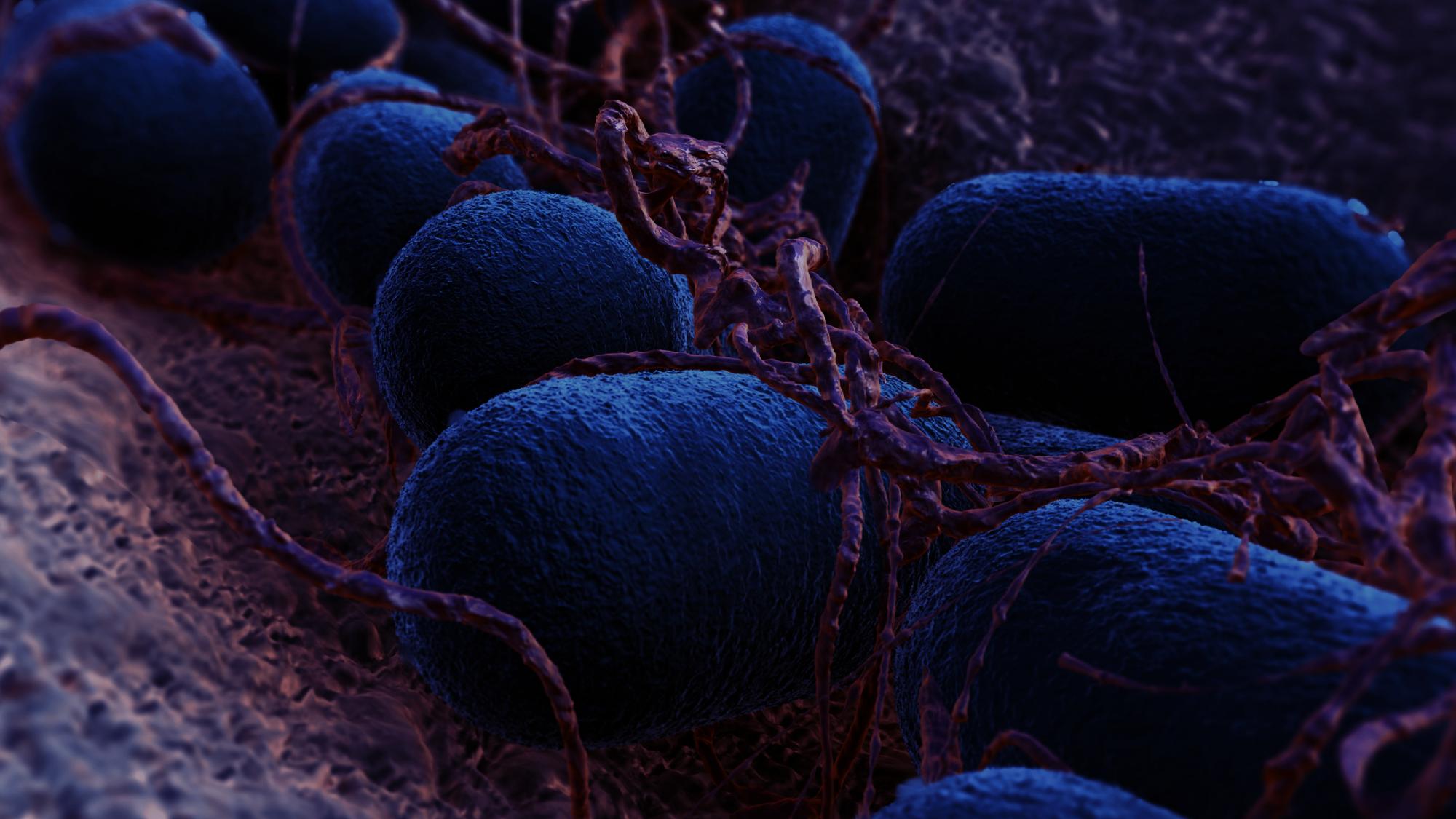
NVI Kranj
Services
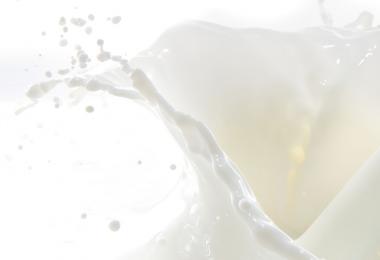
Milk
Microbiological and chemical examinations of milk are carried out for the purpose of controlling the quality of milk, meeting the criteria for raw milk in accordance with Regulation (EC) No.853/2004 and for the purpose of milk production control.

Food
Commission Regulation (EC) No. 2073/2005 applies in the EU, which sets uniform microbiological criteria for food. It mainly includes microorganisms, which are the most common causes of foodborne infections.
In the laboratory the following examinations are performed:
- horizontal method for the detection of Salmonella spp. according to ISO 6579-1
- tests to determine the presence of Salmonella spp. using a modified IRIS method
- tests to determine the presence and number of Listeria monocytogenes according to ISO 11290.
- determination of β glucuronidase-positive Escherichia coli bacteria, according to ISO 16649-2
- determination of the total number of microorganisms according to ISO 4833
- tests to determine the presence of staphylococcal positive coagulase according to ISO 6888-1
- tests for the presence of enterobacteriaceae according to ISO 21528-2
- tests under the Food Safety Guidelines: bacillus cereus, pseudomonas, moulds and yeasts…

Swabs
Microbiological examinations are intended for the control of general hygienic conditions or cleanliness in establishments (equipment, space). To this end, examinations of surface swabs and carcasses are carried out, specifically:
- presence of Listeria monocytogenes
- presence of Salmonella spp.
- presence of enterobacteria
- total number of microorganisms
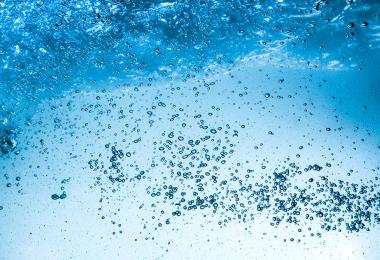
Water
The microbiological suitability of water is determined using membrane filtration. The presence of faecal enterococci, E. coli and coliforms is determined in samples of drinking water as well as the total number of microorganisms.
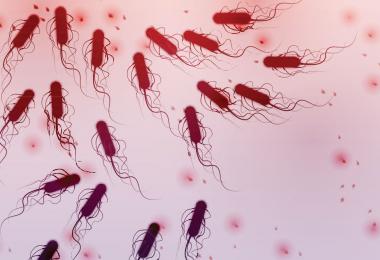
The environment
With a view to detecting salmonella at all relevant stages of production, in particular at the level of primary production - including feed - in accordance with Regulation (EC) No.2160/2003 the Kranj NVI also implements the horizontal method for the detection of Salmonella spp. in excrement, cloths and other environmental samples, according to ISO 6579-1:2017.
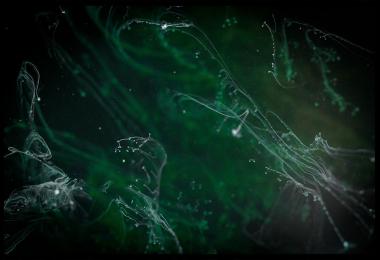
Parasitological examinations
In accordance with Regulation 2015/1375 on the official control of Trichinella in meat, procedures are carried out for the examination for the presence of Trichinellae spp.
The presence of eggs or larvae of internal parasites is detected in the faeces of domestic animals or larvae of internal parasites.
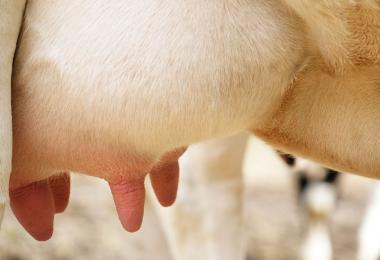
Mastitis
Investigations are conducted to identify the cause of mastitis and to test for antibiotic susceptibility. The key to sampling is the correct way of sampling. For this purpose, a video has been recorded at the Institute for Ruminants at the Faculty of Veterinary Medicine, which is available on this link.
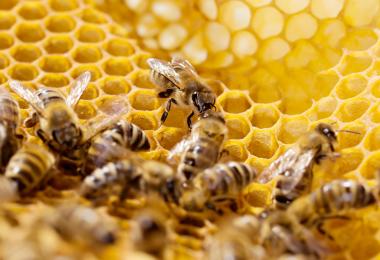
Healthcare of bees
For the purpose of healthcare of bees, the prevalence of certain bee diseases are determined. In addition to clinical examinations performed by a specialist in bee healthcare, which are carried out directly in apiaries, laboratory tests for the following pathogens are carried out:
- nosema disease
- acarine mites
- varroa
- European foulbrood
- chal brood
- stonebrood
- small hive beetle
Veterinary Hygiene Service
The unit has an organised veterinary hygiene service, where, in the area it covers, it removes dead animals and transports them to the cadaver collection point and takes care of their harmless destruction. From the point of view of preventing the spread of the disease to both animals and humans, this service is of the utmost importance as removal eliminates the source of potential infection. It is also an important aspect of protecting the environment, as removing dead animals prevents water, soil and feed contamination.
Contacts
NVI Unit Kranj
Kranjska cesta 16,
4202 Naklo
Tel.: +386 4 2770600
Fax.:+386 4 2770 618

